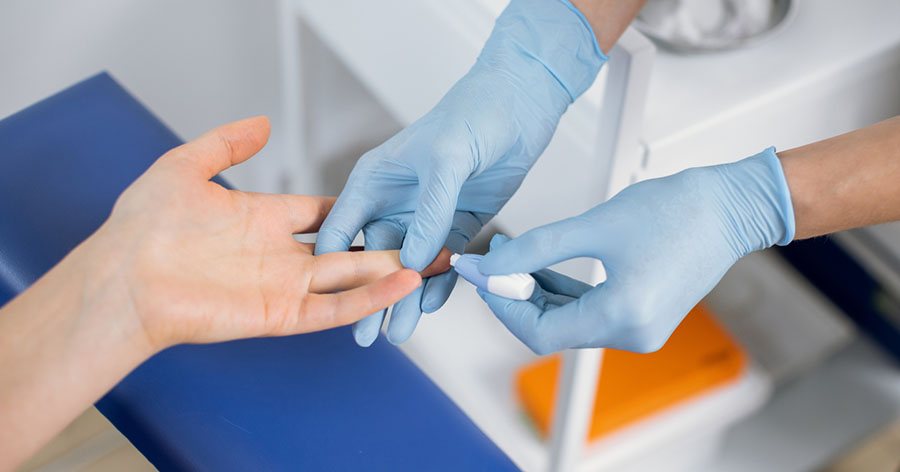Do you know the signs and symptoms of hypoglycaemia, and how to treat a hypo correctly? Hypo Awareness Week is held each year to address such questions and to raise awareness of hypoglycaemia among healthcare professionals.
Hypoglycaemia is often defined as a blood glucose level of <4 mmol/L. It can occur with or without symptoms, and episodes can be common in people with diabetes. Hypos need to be treated immediately – severe episodes that are not addressed can result in coma and death. It is vital, therefore, that clinical staff working with people with diabetes can recognise and manage episodes safely.
To this end, Diabetesonthenet.com has, over a number of years, produced a variety of excellent resources on hypoglycaemia for healthcare professionals. These complement the aims of Hypo Awareness Week in encouraging a deeper understanding of hypoglycaemia, and greater confidence in its prevention and management.
Readers are encouraged to explore the following resources:
Quick guide
How to prevent, identify and manage hypoglycaemia in adults with diabetes
Essential information on hypoglycaemia, how to prevent it and how to treat it if it occurs.
Available here
Interactive case studies
Hypoglycaemia and type 2 diabetes
Everyday scenarios to help build your skills in managing hypoglycaemia in people with type 2 diabetes.
Available here
CPD module
The six steps to insulin safety
Includes a section on hypoglycaemia, for healthcare professionals who handle prescribe or administer insulin.
Available here
Factsheet
Impaired hypoglycaemia awareness
Its implications, plus advice on diagnosing and managing it.
Available here






